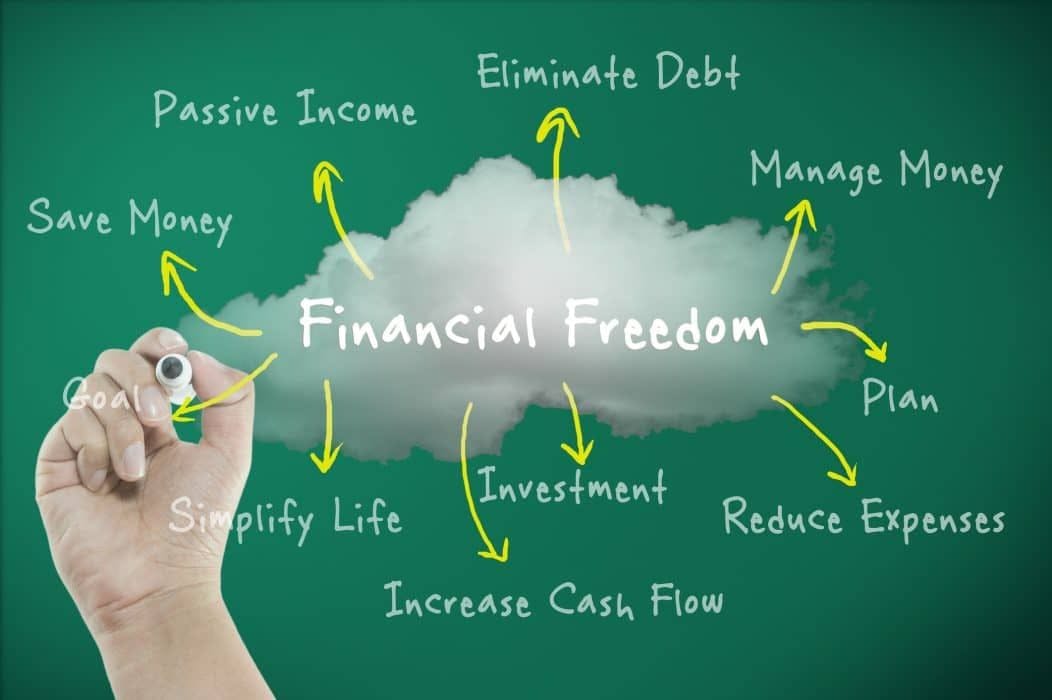2,278 reads
Financial Freedom: What It Really Means And What It Does NOT
by
July 19th, 2021

Founder of DigitalGen Financial Services. Focusing on financial and crypto education.
About Author
Founder of DigitalGen Financial Services. Focusing on financial and crypto education.
